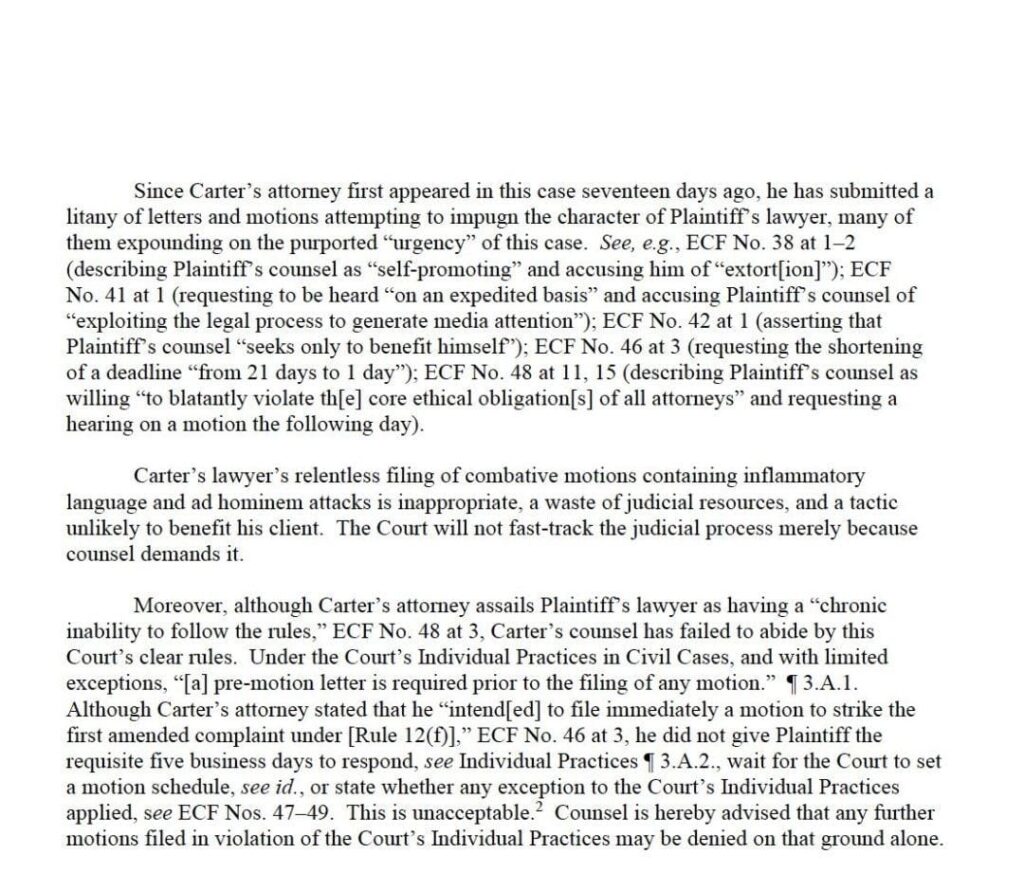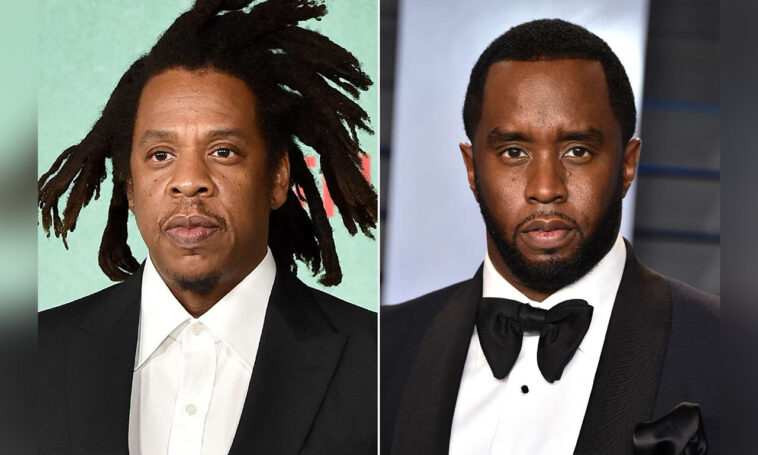Jay-Z has encountered a significant legal challenge stemming from allegations brought forward by a woman who accused him and fellow music mogul Sean “Diddy” Combs of sexually assaulting her when she was a teenager. In a decision made on Thursday, Judge Analisa Torres ruled that the plaintiff, identified as Jane Doe in the legal filings, may remain anonymous for the time being. This decision, reviewed in court documents obtained by USA TODAY, highlights the sensitivity surrounding the case.
The lawsuit’s details underscore the plaintiff’s allegations of sexual abuse, her struggles with mental health, and the potential risk of intimidation by Combs for speaking out. Judge Torres indicated that while the anonymity ruling is currently upheld, it could be revisited as the case progresses further. Representatives for Jay-Z have not yet responded to requests for comment.Earlier in December, Jay-Z’s legal team filed a motion requesting that Jane Doe’s identity be disclosed. The Dec. 9 filing argued,
“Mr. Carter deserves to know the identity of the person who is effectively accusing him in sensationalized, publicity-hunting fashion of criminal conduct, demanding massive financial compensation, and tarnishing a reputation earned over decades.”
Jane Doe initially filed a lawsuit against Sean “Diddy” Combs in October, alleging that he drugged and raped her when she was 13 years old at an MTV Video Music Awards after-party. On Dec. 8, she amended her complaint to include allegations against Jay-Z, accusing him of being the other celebrity involved in the sexual assault.
Jay-Z has strongly denied the accusations, describing them as part of a “blackmail attempt” orchestrated by Texas-based attorney Tony Buzbee, who represents Jane Doe. In a statement responding to the amended lawsuit, Jay-Z called the claims baseless and questioned the motives behind the legal actions. In a separate development, Buzbee’s law firm filed a lawsuit against Jay-Z’s entertainment company, Roc Nation, as well as his legal team, alleging that they attempted to pay a former client to sue Buzbee’s firm.

In her Thursday ruling, Judge Torres also rejected Jay-Z’s earlier request to dismiss Jane Doe’s claims against him. Jay-Z’s legal team had filed a memorandum on Dec. 18, seeking to strike the amended complaint entirely. They cited inconsistencies in Jane Doe’s account, pointing to an NBC News interview in which she acknowledged making some errors in recalling the details of the alleged assault.
“These allegations are baseless and fatally contradicted by Plaintiff’s and her father’s statements to NBC,” Jay-Z’s attorneys argued in the memorandum. “The salacious allegations against Mr. Carter serve no purpose other than to harass him and to pressure him to settle a lawsuit based on false claims.”
Jay-Z’s attorneys also sought to ensure the preservation of evidence, claiming there was a “significant risk that Buzbee will seek to destroy documents or other evidence that would demonstrate that he knew or should have known that the allegations in the complaint were false.”
Despite admitting to some inaccuracies in her recollection, Jane Doe maintained the core of her allegations during her interview with NBC. Jay-Z continued to vehemently deny the accusations, reiterating his stance in a statement released after the interview aired.
“Today’s investigative report proves this ‘attorney’ Buzbee filed a false complaint against me in the pursuit of money and fame,” Jay-Z stated. “This incident didn’t happen, and yet he filed it in court and doubled down in the press. True justice is coming.”
The case has drawn widespread attention due to the high-profile nature of the individuals involved and the gravity of the accusations. It also raises significant questions about the intersection of public figures’ reputations and legal processes, particularly when anonymity and sensitive allegations are involved. The outcome of this case could have far-reaching implications for both the accused and the accuser, as well as the broader landscape of legal proceedings involving public figures.






Join the Community and Be a Part of the Conversation
You must be logged in or registered to post a comment.